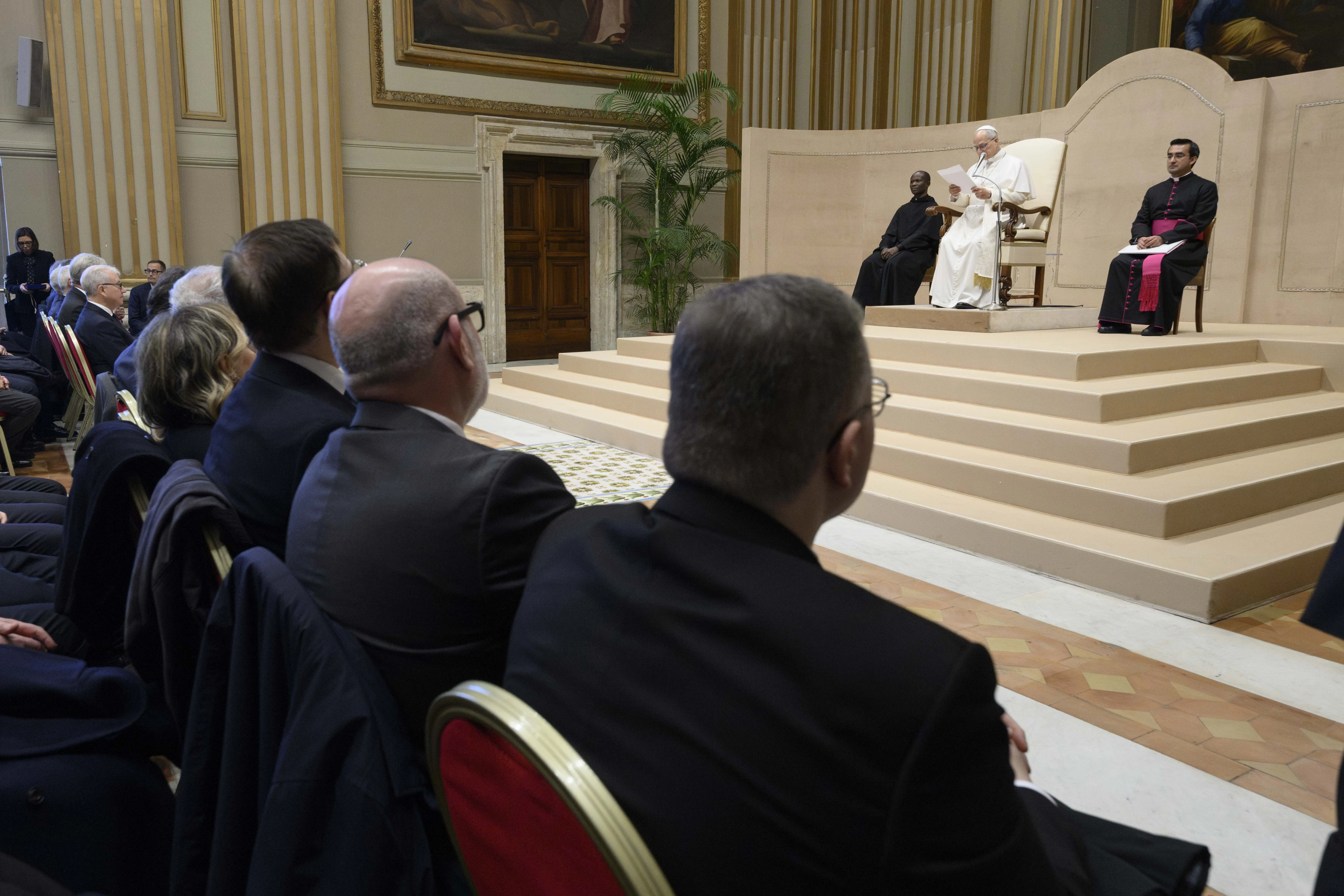Vatican City, 12 February, 2020 / 11:30 am (ACI Africa).
Pope Francis’ apostolic exhortation on the Amazon calls for women in the South American region to be included in new forms of service in the Church, but not within the ordained ministries of the permanent diaconate or priesthood.
To admit women to Holy Orders “would in fact narrow our vision; it would lead us to clericalize women, diminish the great value of what they have already accomplished, and subtly make their indispensable contribution less effective,” the exhortation, published Feb. 12, states.
“Women make their contribution to the Church in a way that is properly theirs, by making present the tender strength of Mary, the Mother,” the pope writes. “As a result, we do not limit ourselves to a functional approach, but enter instead into the inmost structure of the Church.”
In his letter, called Querida Amazonia, Francis writes that with “new and unprecedented threats” to the region, the Church must “encourage the emergence of other forms of service and charisms that are proper to women and responsive to the specific needs of the peoples of the Amazon region at this moment in history.”
Querida Amazonia (which means “Beloved Amazon”) is Pope Francis’ apostolic exhortation following the Synod of Bishops on the Amazon. Held at the Vatican Oct. 6-27, the Amazon synod was a meeting of bishops and advisors to discuss ecological, political, and pastoral issues for the Church in the region, which spans across nine countries in South America.








